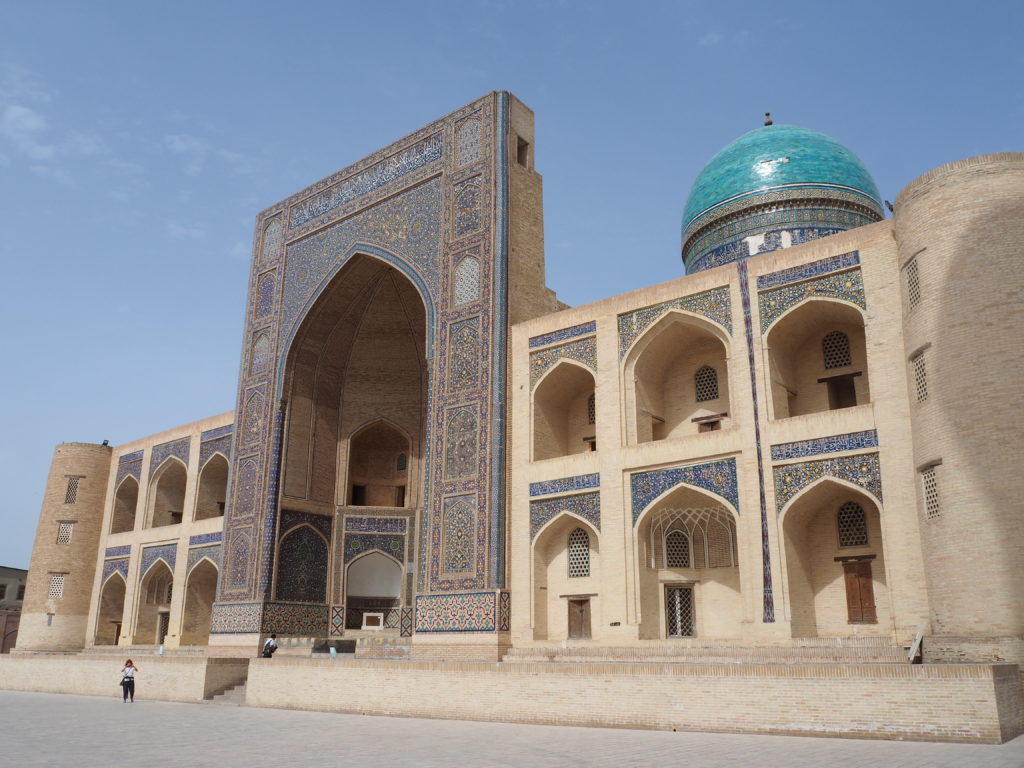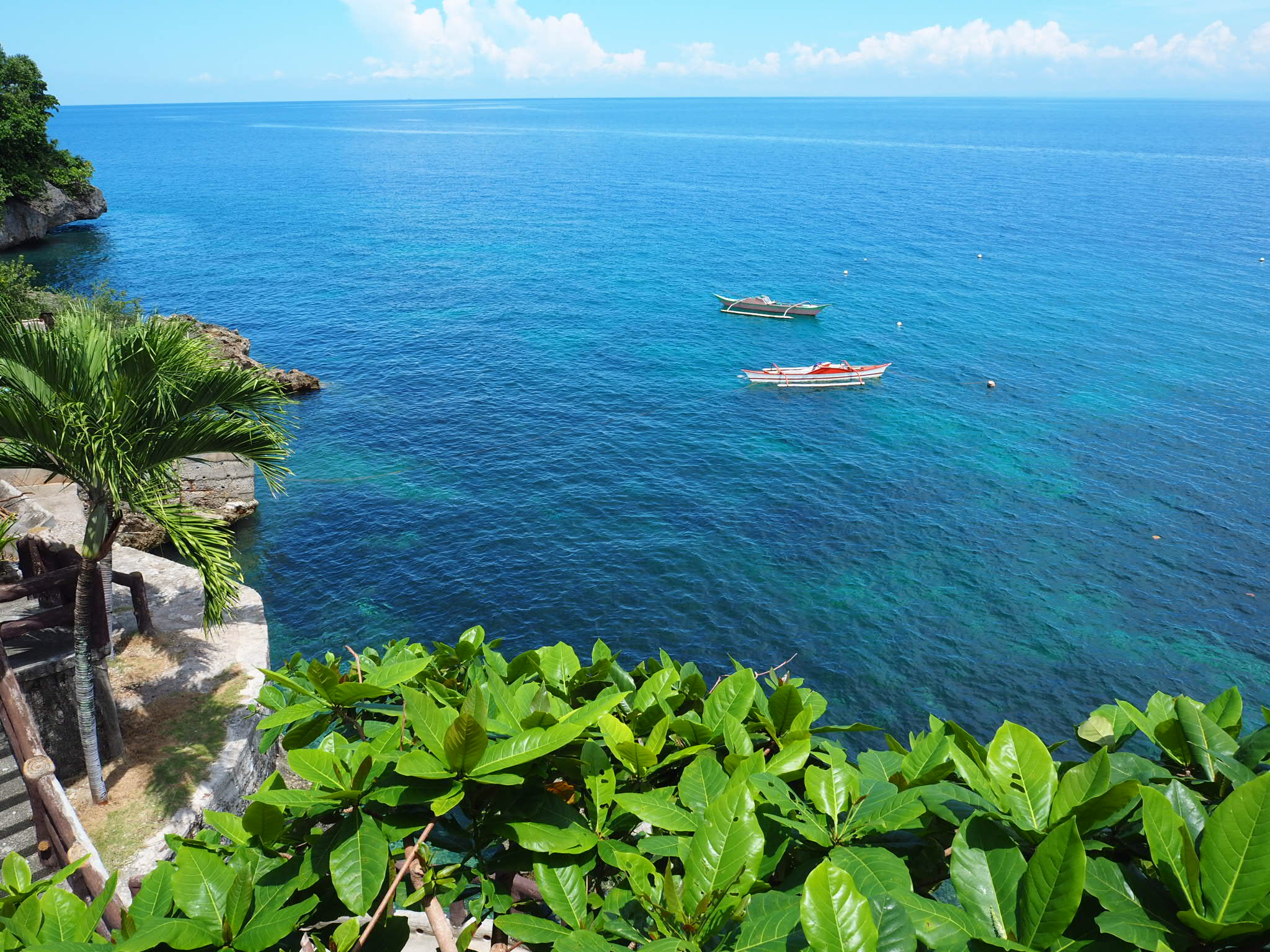How useful is Russian in Central Asia:
When planning a 6 week trip to Central Asia one of the most consistent topics on forums, blogs and guidebooks is the usefulness of Russian in the region. There is a mixed bag of information as everyones experience and language level will be different. As a result our experiences may not be the same as someone else. We can only write from our own perspective. Prior to entering Central Asia we had spent 6 weeks in the Caucuses where we found Russian to be extremely useful, you can read more about that here.
Central Asia’s relationship with Russian:
Today Central Asia’s relationship with the former Soviet Union is obvious. Wide tree lined boulevards are common in the regions capitals, Lenin statues are found lurking in parks, Lada’s trundle along highways and dirt roads and Russian is everywhere to be seen. The influence of mother Russia has left a lasting impact on the region. As a whole the region still retains a good relationships with Moscow. In fact the “stans” were some of the hardest hit as the Soviet Union collapsed in 1991. Although Russia’s political involvement has declined, the Russian Language is still very useful in the region.
Central Asia vs Caucasus
We spent just over 6 weeks in the region, 3 weeks in Uzbekistan and Kyrgyzstan and 5 days in Turkmenistan. Overall knowing some Russian is very beneficial however we felt that Russian was probably slightly more useful in the Caucuses in comparison to Central Asia.
There are two key reasons for this. Firstly there are established tourist routes and networks in all three countries, whereas this is not the case in Caucuses. These tourist networks mean that learning English is extremely advantageous. For example in the ancient cities of Khiva, Bukhara and Samarkand the number of tourists is astounding. The vast majority of these were not Russian tourists, meaning that English suddenly becomes the lingua franca between locals and tourists. This is most definitely the opposite in the Caucasus where Russian tourists are making up the lions share of the visitors. The second is that we had a guide in Turkmenistan so our need to use Russian was substantially diminished.
My Russian could be described as “limited” although it possibly could be upgraded to “travel” level. I knew basic greetings, adjectives and numbers. I also learnt how to tell the time and quite a few words and phrases associated with transportation. Specifically learning this sort of language definitely helped make Russian more useful in Central Asia.
One of the things that shocked me was that even when I was making horrid grammatical errors, using the wrong verb endings, incorrect cases etc people were still able to understand me. Meaning it’s very possible to put the language you’ve learnt straight into action. This is the exact opposite of Chinese, my second language that I speak fluently.
Uzbekistan:
Upon arriving Tashkent, our favourite Central Asian capital, we were extremely impressed (and surprised) with the level of English. After checking our passports the immigration officials smiled and said “welcome to Uzbekistan” in flawless English. It doesn’t sound like much but I have never had this anywhere else in the world. Our taxi driver from the airport to our guesthouse spoke near perfect English as did our guesthouse owner Anvar. We were wondering around in a daze for the next couple of days marvelling at the level of English that was spoken. Obviously there were plenty of people that couldn’t speak English. However on average the level of English amongst the general population could easily give cities like Tbilisi, Tokyo and Beijing a run for their money.
Outside of Tashkent the level of English does drop off as one would expect. However due to the fact that the tourism route is clearly defined there are still plenty of English speakers around. A rough rule of thumb is; if someone is under 40 they are more likely to understand English, if they are over 40 they are more likely to understand Russian. However this is not always the case. A similar scenario to Georgia.
For more information on travelling in Uzbekistan check out our articles on Tashkent and the Aral Sea.
Restaurants:
You will eat plenty of plov, manti and shashlik during your time in Uzbekistan therefore knowing how to read these three staples in Russian as English menus can be very useful outside of Tashkent. Also pictures on menus are not quite as common as you may think, therefore being able to read a little bit of Russian is extremely useful.
Accommodation:
We only stayed in one guesthouse where no one spoke English. That being said the one guesthouse, the excellent Hotel Yasmin in Bukhara gave me a chance to practice and improve my Russian, and this was probably the best place we stayed in Uzbekistan, so speaking English is certainly not the most important thing.
Transport:
It is in this area that my Russian was most useful. From booking train tickets to negotiating with taxi drivers, a little bit of Russian went a long way. Like in Georgia and Azerbaijan, it is very unlikely that you will find people at train ticket booking offices being able to speak English. They encounter very few English speakers as most tourists book tickets through guesthouses and tour companies.
Overall:
Uzbekistan’s well defined tourist trail means English is widely spoken. However Russian will aid when booking and arranging any kind of transportation. Also, knowing how to read some staple Central Asian foods is very helpful as English or picture menus are not always available.
Turkmenistan:
Having a guide for our 5 day trip meant my translation skills were barely needed. Turkmen has replaced Russian. As a result you will not see or hear much Russian here. However if you want to learn more about this weird and wonderful country check out our articles on the Darvaza Crater and Ashgabat.
Kyrgyzstan:
From a linguistic perspective Kyrgyzstan is probably the most black and white of all the countries we visited in the for Soviet Union. In effect people spoke excellent English or nothing at all. There was very little in between. However with tourism making up a large part of the countries economy English is becoming as important a language as Russian. However that being said there were still plenty of times when my limited Russian was our saving grace (and I say that in no uncertain terms).
Restaurants:
Almost every restaurant we went to had English or pictures on the menu. However when we trekking and staying in farmers yurts Russian was crucial for working out what were eating.
Accommodation:
With guesthouses Russian was incredibly useful. In Karakol, Tamga, Kochkor and Naryn our guesthouse owners didn’t speak a lick of English. At this point my Russian was there to rescue us and them, however frequently my skills were overestimated. With many people converting their homes into guesthouses it is unlikely that this situation will change. However people’s kindness and hospitality is clear from the outset. You certainly do not need to speak Russian to feel welcomed into their homes.
Even with the grammar and pronunciation errors I was making people were able to understand what I was saying. Making this phenomenally challenging language far more accessible than one would imagine.
Want some more information on travelling Kyrgyzstan? Check out our article on hiking to Kol Ukok.
Transport:
Like in Uzbekistan Russian proved to be a lifesaver when a arranging marshrutkys and taxis to here there and everywhere. At bus stations no except the taxi drivers charging the highest prices speak any level of English. Head inside to the ticket counter and ask for the marshrutky stand heading to your destination. You will pay a fraction of the price of a taxi. In this scenario being able to speak some Russian was incredibly useful. We could confirm times of departure, which bus station we’d be dropped at, if it would cost any more with our bags (it sometimes does if the bus is very full) and so on and so forth. Without being able to speak any Russian it would have been far more challenging, although not impossible.
Overall:
I would say Russian was more necessary here than in Uzbekistan. However there are plenty of people who travel here without speaking Russian, so it is definitely possible. However, knowing some Russian made our lives so much easier.
To Sum Up:
My Russian was more useful in Kyrgyzstan than Uzbekistan. There are a variety of reasons for this. Uzbekistan’s more well developed tourist network, larger economy, better infrastructure and government services all play a part. You should never expect anyone to speak English. From our experience Russian was extremely useful in Central Asia. Without it it would have been far harder to get around, buy train tickets and negotiate prices. From a human side, we would not have been able to build relationships with so many people we met en route without it.
Any time you are traveling to a country where the native language is not your own it always helps to learn a few basic phrases. Quite often we attracted a lot of attention from people as I could speak enough Russian to have a very basic conversation. This gave us some wonderful memories from one of the most fascinating regions in the world.

